 |
| September 09, 2020 |
Dear Reader,
Global trials of the coronavirus-vaccine candidate being developed by the University of Oxford and AstraZeneca are on hold after a "suspected adverse event" in a person who received the vaccine in the U.K. Our lead story has the details. Up next, the first small nuclear reactor design has been approved in the U.S. The design is intended to speed construction, lower cost and improve safety over larger traditional nuclear reactors. Also featured in today's roundup is a story on how fossils and DNA have revealed the complexity of human evolution. And lastly, we take a look at the trendy intermittent fasting diet. Is it better than others? |
| | Sunya Bhutta, Senior Editor, Audience Engagement
@sunyaaa | |
 |
| |
| |
| |
| |
| Public Health Coronavirus: How It Infects Us and How We Might Stop It How does SARS-CoV-2 sneak into our body? What can our immune system do and how can the virus sometimes defeat it? How do the leading drug and vaccine candidates work? Will the virus plague us forever? Scientific American presents a conversation about these burning questions with Britt Glaunsinger, a virologist at the University of California, Berkeley, and the Howard Hughes Medical Institute who is a specialist in viral infection. |  | By Mark Fischetti,Britt Glaunsinger,Macarena Carrizosa,Sunya Bhutta | | | |
| |
| |
FROM THE STORE
 | | Scientific American Unlimited For just $199 a year, Scientific American Unlimited gives you access to all of our publications, apps and the full website experience. |  | | |
| |
| |
LATEST ISSUES
 |
| |
| Questions? Comments?  | |
| Download the Scientific American App |
| |
| |




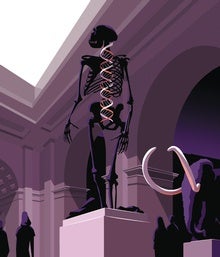
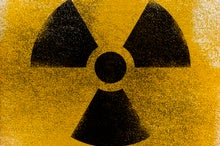
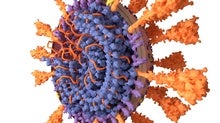
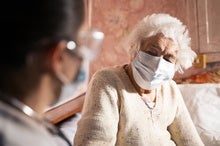
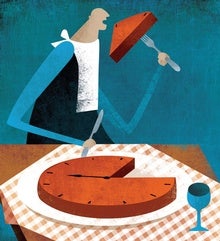
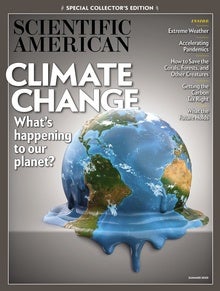

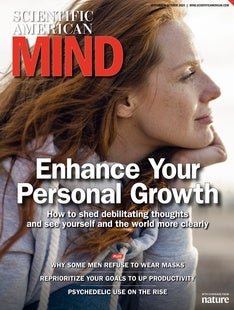

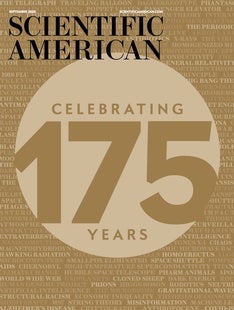
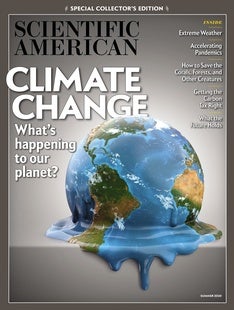
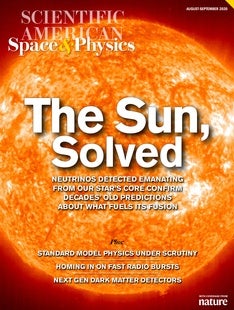



Comments
Post a Comment